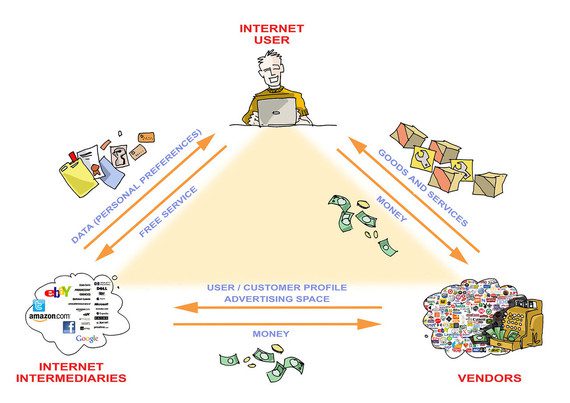
Dear readers,
Welcome to another issue of the Digital Watch weekly!
AI in healthcare is not a new concept. What is new is the concept of an AI hospital town. Researchers from China’s Tsinghua University developed a virtual environment called ‘Agent Hospital’ where the entire process of diagnosing and treating patients is simulated. Virtual doctors, nurses, and patients are powered by large language models (LLMs). The environment has 14 doctors and 4 nurses and could reportedly treat as many patients in a few days as human doctors would in 2 years.
Its strength is in simulations. Because the patients aren’t ‘real’ and their roles are generated by AI – more specifically ChatGPT 3.5 – inexperienced doctors can practice diagnosis and treatment without risks. Another example researchers gave is simulating the spread and control of infectious diseases in a region.
The town is scheduled to be operational by the second half of 2024. Researchers say it will bring high-quality, affordable and convenient healthcare services to the public.
Some questions that beg for an answer. Firstly, what data were the AI agents trained on? Secondly, if a real patient inputs their medical information, wherever they are supposed to input that data (that’s not clear either), how secure is that data? Thirdly, will there be a hardware component that could allow for more detailed tests to be carried out? And if not, and if patients have to go somewhere and get physical tests done, is using an AI doctor still affordable and convenient? Fourthly, will AI be able to give out prescriptions? If so, how will prescription abuse be prevented? These are just the questions at the top of our heads. There are six more months to go before the operationalisation of the AI hospital town – we’re still unsure what the ‘town’ part is about – so more details will surely surface.
We all know that entering your symptoms in a search engine and pressing the enter button is less than advisable since some of us will end up self-diagnosing with deadly eradicated diseases, (or possibly worse, a rational-sounding mistake), thus bringing more stress and anxiety upon ourselves. Will the AI doctor truly be more efficient? Would you entrust your healthcare to an AI agent, or would you follow up with a human doctor, just to make sure?

In other news, the EU elections are in full swing. One of the most important issues of our time is disinformation, and this week, we’ve seen the EU accuse Russia of spreading disinformation ahead of these EU elections, and a study found TikTok failed to address disinformation effectively before the elections. Interestingly, Microsoft reported that AI had minimal impact on disinformation surrounding the EU elections. We also point you to our analysis of the impact of digital technologies on elections.
Andrijana and the Digital Watch team
Highlights from the week of 31 May-7 June 2024
The Department of Justice will lead the investigation into Nvidia, while the FTC will examine OpenAI and Microsoft.
Prominent figures in the AI community endorsed the letter, criticising the inadequate preparations made by AI companies for the potential dangers of AI technology.
Downgrading chip designs raises concerns about long-term innovation and competitiveness.
The plan aims to strengthen the chip supply chain through various measures such as promoting domestic production sites, investing in human resources, and enhancing research and development activities.
Elon Musk and Australian officials, including Prime Minister Anthony Albanese, engaged in heated exchanges over the issue.
Users can mark their posts as containing sensitive media, and access to such posts is restricted for underage users.
The massive data breach of personal sensitive information of users have led to a law firm filing a lawsuit against the company.
The attack has compromised blood transfusion IT systems, endangering patient health and eroding public trust in healthcare institutions.
Rwanda follows examples from other African countries, incorporating public consultations and international testing.
Reading corner
In her third post in the series ‘Speaking of Futures,’ Dr Biljana Scott delves into presuppositions and their influence on how we perceive the future, especially regarding AI.
The UN faces the challenge of integrating AI in a way that maintains its impartiality and credibility, advocating for an open-source AI platform contributed to by countries, companies, and citizens to ensure transparency, inclusivity, and adherence to its core principles.
In our June issue, we discuss the need for a digital social contract, look at discussions from WSIS+20 and AI for Good, analyse the newest AI governance developments in Europe, explain the significance of the OEWG POC directory, and attempt to reduce terminological confusion over the terms digital, internet and AI governance.










































































































